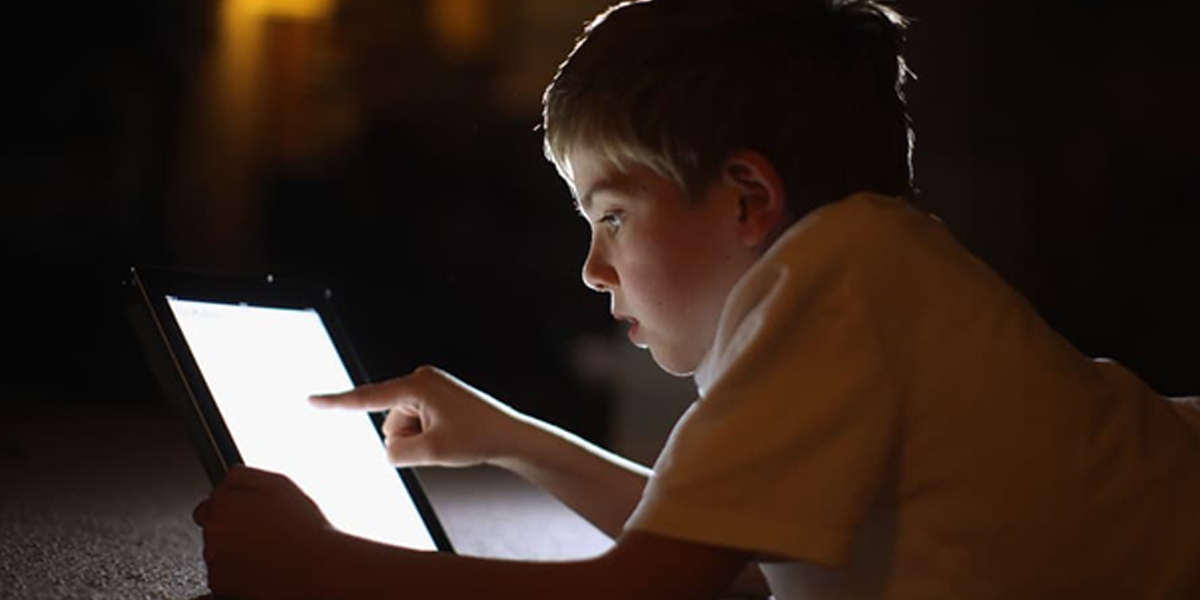
Technology has become the cornerstone of our lives in today's world. Children now grow up surrounded by smart gadgets and artificial intelligence. Although we are all aware that technology offers many benefits, there is an ongoing discussion about how it impacts a child's development, especially in the face of academia.
Let’s talk about how technology can both favorably and negatively affect a child's development!
Knowledge Access: Because technology allows children to instantly access large amounts of knowledge, it encourages them to be curious, inquisitive, and self-learners. When shown a proper way, students can use the internet to conduct research, widen their perspectives, and deepen their understanding outside of the classroom.
Interactive Learning: Educational apps, simulations, and online resources create interactive learning experiences that cater to diverse learning styles. Such interactive tools foster engagement and make learning more enjoyable for students, potentially leading to better retention of information.
Global Connectivity: Technology enables students from IBDP schools to connect with peers worldwide, fostering cultural understanding, international awareness, and a sense of global citizenship. Virtual exchange programs and collaborative projects enhance cross-cultural communication and broaden perspectives.
Digital Distractions: Excessive screen time can lead to distractions and reduced focus on studies, negatively affecting academic performance. Educators and parents must set boundaries and promote a healthy balance between screen time and other activities.
Sedentary Lifestyle: Extended screen time may contribute to a sedentary lifestyle, leading to health issues such as obesity and poor posture. Encouraging physical activities and outdoor play is essential to counteract the harsh effects of technology.
Emotional Intelligence & Social Skills: Overuse of technology can stunt the development of social skills and emotional intelligence. It helps to foster human interactions and empathy in children, for them to develop into well-rounded persons.
To strike a balance it's crucial if we want to maximize technology's benefits and reduce its drawbacks:
• Teaching children the value of privacy as well as the appropriate use of privacy.
• Establish clear guidelines for screen time both at home. Encourage students to use technology for educational purposes and limit recreational screen time.
• Integrate technology into the curriculum as a supplement to traditional teaching methods. A balanced approach that combines online resources with hands-on activities can create a more comprehensive learning experience.
• Encourage students to be mindful of their technology usage. Children should be mindful of their screen time and the impacts it may have on their physical and mental health.
When utilized carefully and within boundaries, technology can be a terrific tool for promoting learning, fostering connections, and preparing children for the modernization of our lives. Teachers and parents may guarantee that technology becomes an asset in a child's educational journey; only if we utilize technology wisely and incorporate it thoughtfully into our children's education.
